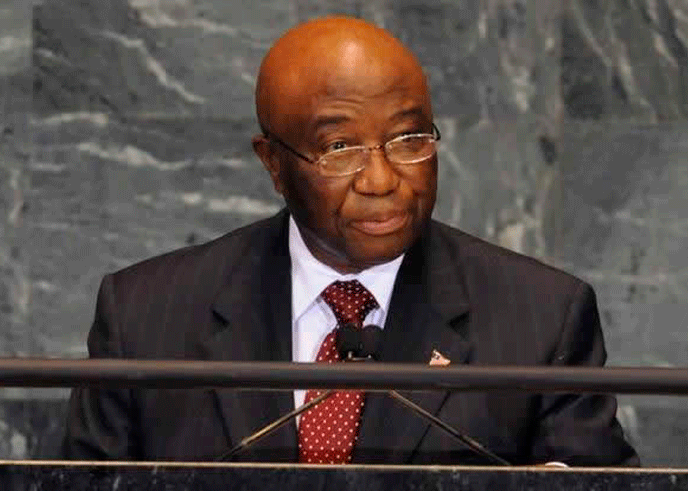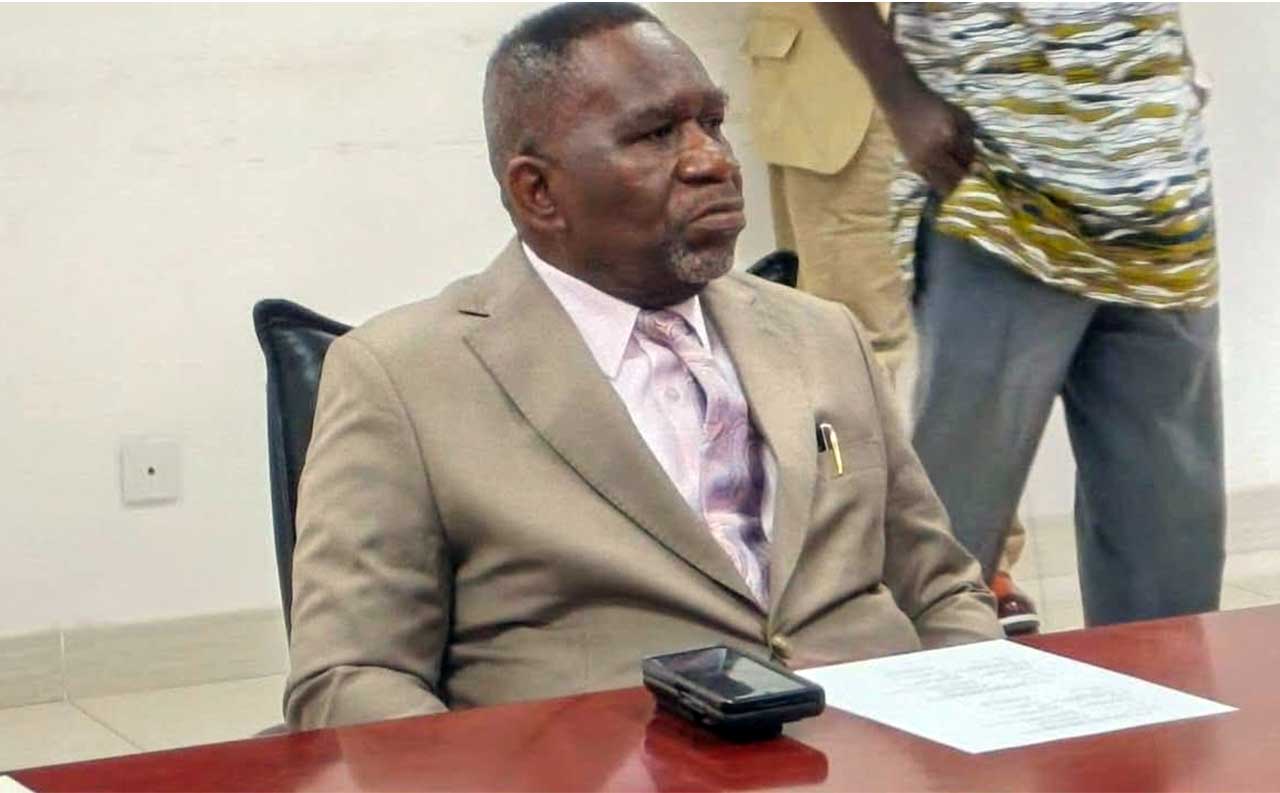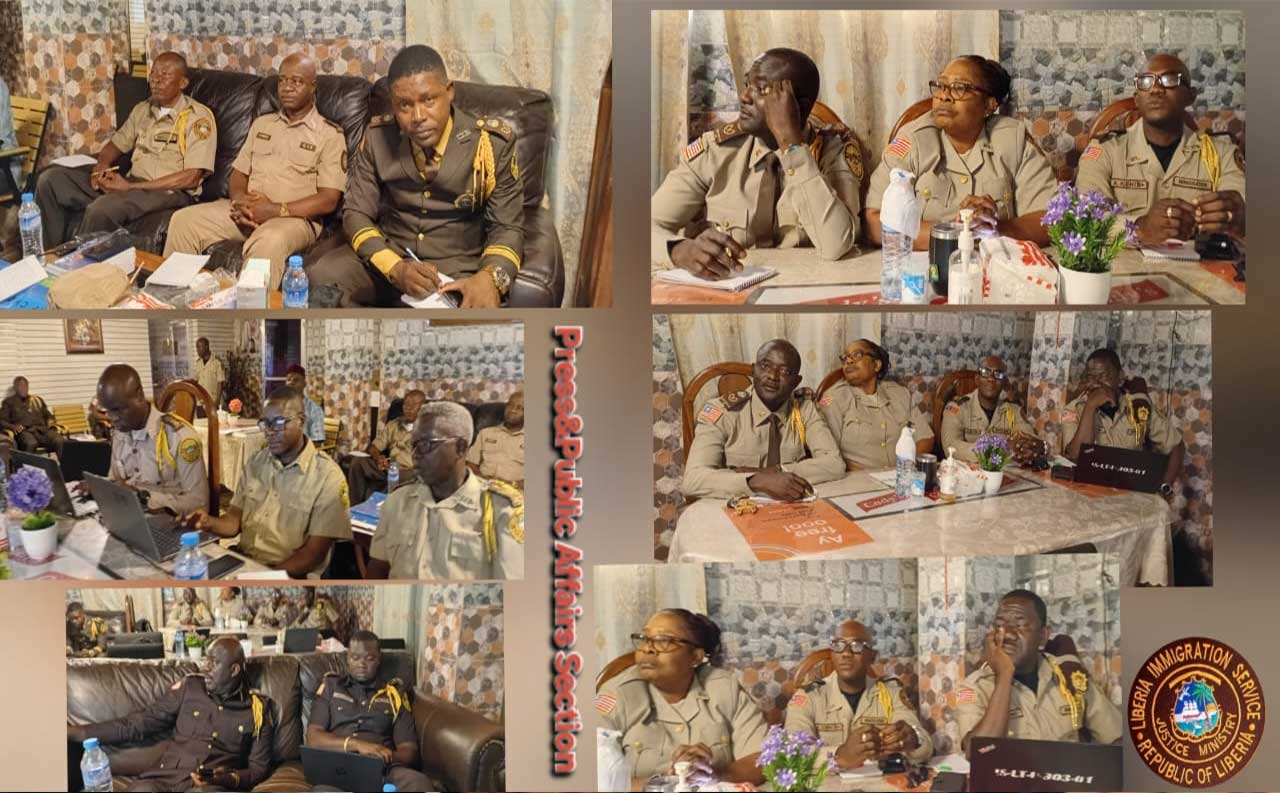President Joseph Nyuma Boakai says he welcomes the rulings of the Supreme Court of Liberia in good faith.
According to an Executive Mansion release dated April 25, 2024, President Boakai reaffirmed his commitment to upholding the rule of law and will.
President Boakai believes that strict adherence to the rule of law is fundamental to strengthening institutions and building a vibrant democracy.
This principle, he notes, is at the core of the government’s ARREST Agenda that focuses on Agriculture, Roads, Rule of Law, Education, Sanitation, and Tourism.
The President pointed out that the rulings of the Supreme Court also set a significant benchmark for administrative actions and the procedures leading thereto.
President Boakai said, the benchmark will have significant implications for all government agencies and the country as a whole.
In an April 24, 2024 ruling of the Supreme Court of Liberia, Chief Justice, Sie-A-Nyene G. Yuoh, says President Boakai made a procedural error by nominating individuals to tenured positions and ordered him to immediately withdraw his nominees.
The High Court ruled that Boakai proceeded wrongly to nominate other individuals to the respective positions of the Governance Commission, National Identification Registry, Liberia Telecommunications Authority and the Liberia National Lottery Authority.
Speaking on the issues of the violation of rights as enshrined in Article 20(a) of the Liberian Constitution, the Chief Justice noted that the Executive Branch of Government proceeded to nominate other individuals to the respective positions of the petitioners in disregard of their tenures and without notice to the petitioners. She stressed that tenures as provided for under the law, should be respected.
When President Boakai took office in January 2024, he relied on Article 56 of the Liberian Constitution to remove the heads of four autonomous agencies, who the law has granted tenured authorities.
According to the President through his Legal Advisor, those tenured officials are members of the Executive Branch of Government therefore, they serve at the will and pleasure of the president.
Article 56 (a) states that “All cabinet ministers, deputy and assistant cabinet ministers, ambassadors, ministers and consuls, superintendents of counties and other government officials, both military and civilian, appointed by the President pursuant to this Constitution shall hold their offices at the pleasure of the President.”
However, the Justices in a unanimous decision ruled that Article 89 of the Liberian Constitution authorized the Legislature to create other agencies as may be necessary for the effective operations of government and enact laws for their governance.
“The Legislature acted within the scope of its authority in enacting laws for its governance including the provisions of tenure,” the Court maintains.
According to the ruling, an act passed by the Legislature is presumed to be constitutional unless the contrary is clearly shown.
The High Court ruled that at the time of establishing the three autonomous commissions in 1986, the framers of the Constitution did not and could not have thought of all the relevant autonomous commissions for the effective operation of government so they empowered the Legislature to act when the need arises to create additional autonomous commissions.
The Supreme Court stressed that as the need for establishing other appropriate commissions or agencies for the effective operation of government became necessary, the Legislature consistent with the power granted it by Article 89 of the Constitution, established all of the agencies from which the petitioners were removed under the Executive Branch of Government.
The Chief Justice, who read the opinion on behalf of her colleagues, said the Executive did not state any constitutional or statutory conditions or cause by which the petitioners were being removed from their respective tenure positions.
The Supreme Court: “We are also taken aback by the argument of the Minister of Justice that the Executive Branch of Government action was only at the nomination stage and only created a scare to the petitioners; that the petitioners suffered no harm, injury or embarrassment as they are still performing the duties and responsibilities associated with their respective offices and enjoying all of the benefits associated with the said offices; and that the petitions are based on future events which may not happen, meaning that the petitions were pre-maturely filed.”
Justice Yuoh told the respondents that their decision to tamper with tenured positions was preposterous.
“Firstly, the petitioners are still in in their respective positions only because a stay order was imposed by the Justice in Chambers and not by any magnanimous gestures by the Executive Branch of government,” the Court insists.
The Justices wondered why the Executive would proceed to nominate individuals to positions that are not available only to create a scare to the individuals already occupying the said positions when there are provisions of the law which clearly set forth procedures for the removal from office of officials of government as the petitioners.
The Court noted that the act by the president is not within the pale of the law and expects that the Executive Branch of Government will take cognizance of the opinions rendered by the Court regarding this issue and henceforth act accordingly.
“Wherefore and in view of the foregoing, the alternative writ of prohibition issued by the Justice in Chambers is affirmed and the peremptory writ prayed for is hereby granted. The names of the nominees are ordered withdrawn,” the Supreme Court ruled.



